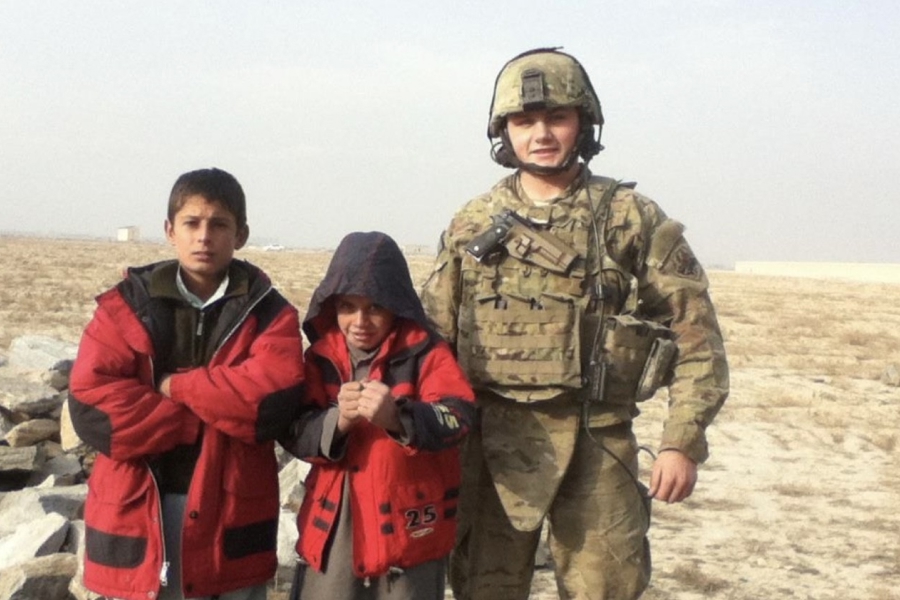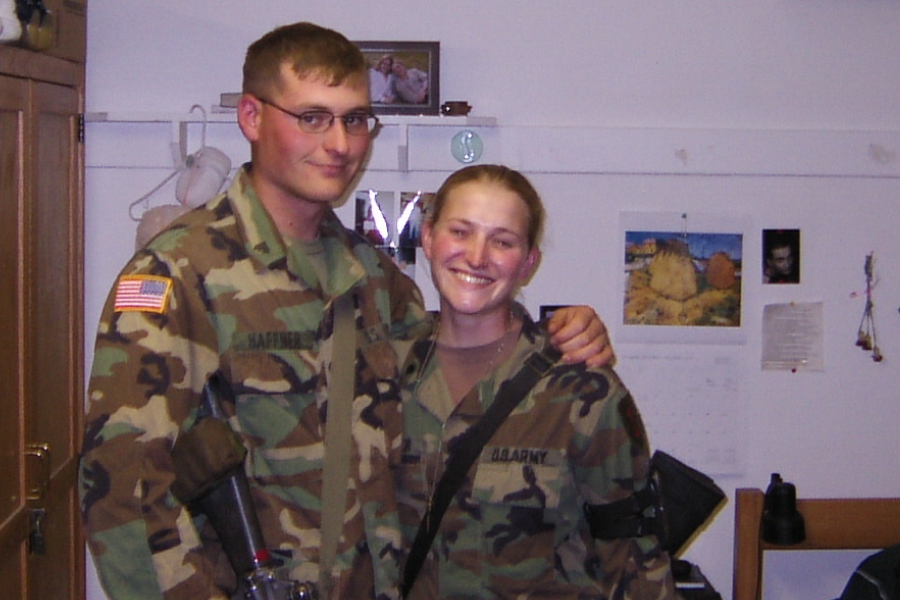Brian Ahern, a division president for Clark Construction Group, which has offices around the country, heads the company’s heavy civil division. He oversees the development and delivery of the company’s aviation, mass transit, rail and power projects nationwide.
From expanding greater Washington’s international airport (Dulles) to streamline passenger flow, to constructing a maintenance complex for Bay Area Rapid Transit to repair and store its passenger trains, Ahern has helped deliver some of the most complex civil projects in the country.
Ahern said working in civil construction requires tact, problem-solving and critical thinking skills. “But sometimes there’s an additional layer of critical thinking needed to really solve some of the complex issues we deal with on a day-to-day basis,” he added.
Built spoke with Ahern about his deep roots in construction and his advice for others wanting to follow in his footsteps.
Built: How did you choose the construction industry?
Ahern: It’s in my blood. Both my mom and my dad came from families that started small construction companies at the turn of the century. As a teenager, I would work with family to help renovate barns, for example. You woke up early and stayed late. It taught me the value of hard work at a young age, and also of teamwork. We had a small crew but we accomplished remarkable things. I majored in business administration at Villanova University and got a summer job at Clark as a field engineer and concrete laborer at the National Institutes of Health.
Built: Were there others who also inspired you?
Ahern: I had several key people take me under their wing and really teach me how to be a builder and think critically. I’m bilingual―I speak Spanish―and I translated for one superintendent I worked for when he needed to talk to some of the workers. Early on he saw my ability to communicate, influence others and lead, and he became my first mentor. Then I got an internship at Clark in 1999 and started here full time when I graduated in 2002.
Built: What’s the best advice you’ve ever received about this industry?
Ahern: Have a mentor at every stage of your career in this industry. I’ve continued to have them, and they’ve helped me develop and grow over the years. I’m still learning.
Built: What advice do you have for people looking to follow in your footsteps?
Ahern: Outside of the same advice I got, you need to love what you’re doing every day to be able to continue to excel and grow.
Built: What’s your favorite part of the job?
Ahern: If you’re passionate about building something special and are willing to put in the time and effort and teamwork to make it happen, you can truly build amazing things in this business. They’re lasting and they change communities and their economies, and you can’t beat that when you go to work every day.
Built: What do you think is the most pressing issue facing the construction industry?
Ahern: Recruiting talent to the construction industry. This is a people business so it’s important to attract high-quality employees who can grow as the industry does.
Built: What keeps you up at night as an executive?
Ahern: Given the amount of infrastructure dollars coming in, there’s going to be an even greater labor shortage than the one we face now. I can’t do what I do without the amazing people that surround me every day—everyone from the engineer to the craft worker and all the way down. So trying to solve the labor shortage keeps me up. It’s a challenge, not just for Clark, but for the industry as a whole.
Built: How do you structure your time to fix the most important issues you face in your role?
Ahern: It’s an evolving process. I focus on getting up early, getting ahead of the day and concentrating on what critical objectives I need to complete in order to meet my long-term goals, both as a business unit and personally. In our business there is always going to be an issue on a job and if you find yourself in a position where you’re constantly fighting fires every minute of the day, you can lose perspective on your goals. The fires need to be fought, but you also need to maintain your long-term vision.












